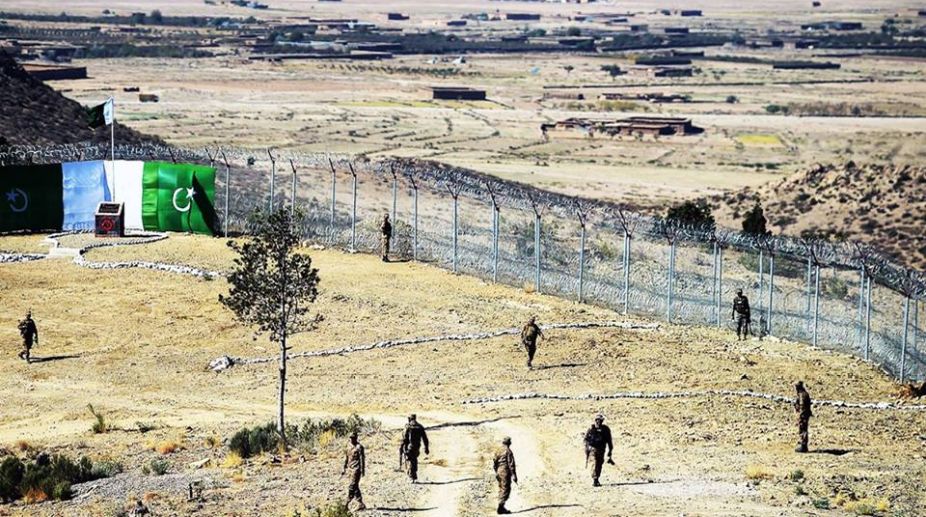From a strictly military perspective there is much cause to applaud the commando raid across the Line of Control in the Poonch sector on Monday that “took out” three Pakistani soldiers without any casualty for the raiding party. It was from that perspective a highly successful action. From the same perspective it might have attained the desired objective of avenging the killing of an Indian major and three soldiers by a Border Action Team of the Pakistan army in the Rajouri sector a few days previous ~ the signal sent out, ostensibly to the other side, was that such “sneaky” moves would not be taken lying down, two can play the same dirty game. That signal would also serve to reassure the rank and file of the Indian army that its men were not treated as cannon fodder, a price would be extracted from Pakistan for killing Indian troopers.
Though official spokespersons kept silent, meticulously prepared “sources” provided rare details to the media ~ the composition of the raiding party, the depth to which they had penetrated the Pakistani defences, the initial use of explosives to disorient the “enemy” soldiers of the Baluch regiment and to then gun them down. All part of a larger design to stress that the Indians were capable of striking back ~ hard. That Pakistan was “hurting” was evident from its trying to underplay the incident: recall how it had denied the “surgical strikes” of September 2016. Perhaps aware of the political spin given to that mission, the army refrained from using high-profile terminology, calling Monday’s action a “localised, tactical strike”. It is too soon to gauge the political impact of the raids but the lesser lights of the ruling entity lose no opportunity for gloating.
Advertisement
Yet it would be relevant to ask if “revenge” ensures rewards in a larger perspective, or merely sustains the inane cycle of violence that has enslaved two supposedly-civilised people. Sure being belligerent yields political dividend but probably it would be in the best interests of both nations to de-escalate debilitating tensions, create the climate for economic and social betterment of their people. Confining the conversation to a military level (the DGMOs use their hot line as an invective-exchange), or the frequent slanging matches between the foreign offices (the climate has deteriorated after the shoddy treatment of Kulbushan Yadav’s family) serves only limited, one-upmanship purposes.
Diplomacy cannot be derailed indefinitely or Track II channels permanently blocked. “Prestige” comes in the way of someone making a first move: Mr Narendra Modi did try, but not as hard as Atal Bihari Vajpayee did: even if he received a poor response he elevated his reputation as a statesman. Presently both New Delhi and Islamabad are trapped in a whirlpool that deems “peace” as an antonym of “honour”.











